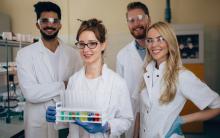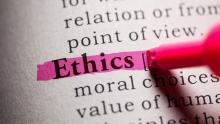Science shops inspire better research and innovation

Poor communication can have dire consequences in vital areas like the environment and health. Innovative 'science shop' projects, which translate society's questions into a language that scientists understand, are making a difference in remote Bolivian communities learning about Chagas disease, among Hepatitis C patients in Tunisia, and in projects closer to Europe's shores, too.









